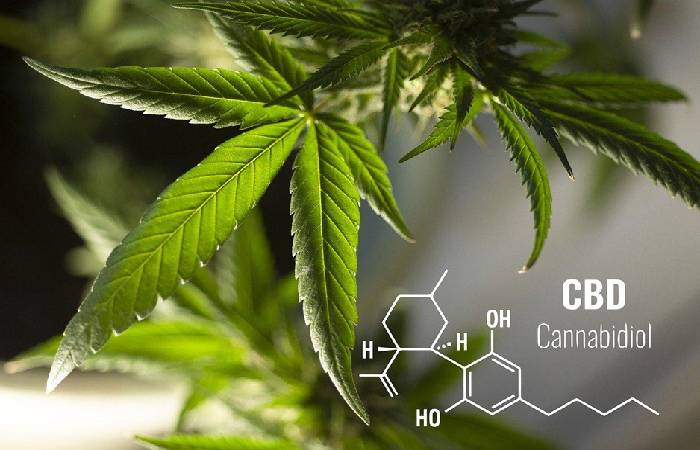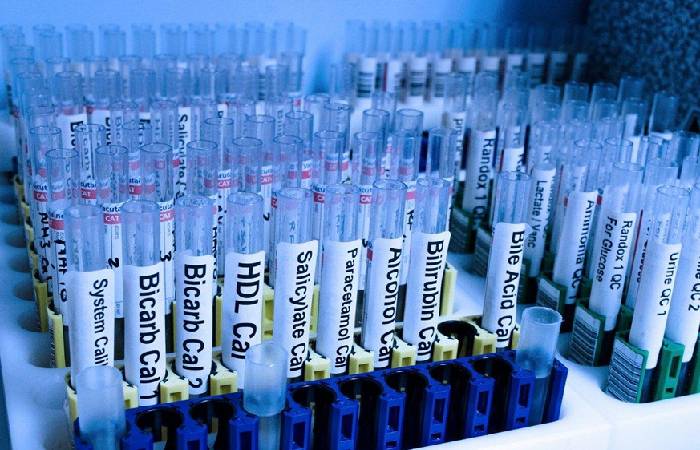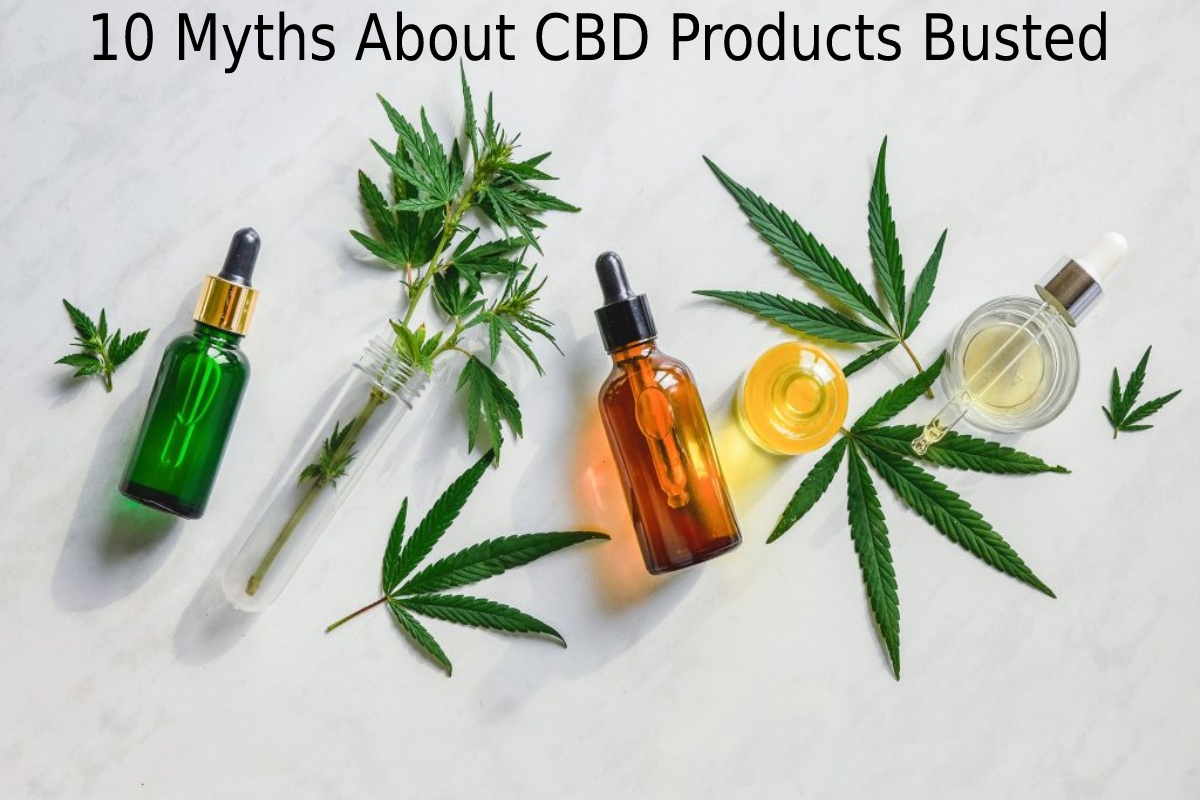Cannabidiol, or CBD, has been gaining popularity steadily across the globe as a medicinal and lifestyle product. However, there is an extensive range of false and misleading information circulating regarding this product. Let us examine ten of the most egregious myths surrounding CBD and why they are not accurate.
What is CBD?
CBD, or Cannabidiol, is one of the two major cannabinoids found in cannabis, accounting for up to 40% of the extracts from the plant. Unlike its more well-known cousin, THC (Tetrahydrocannabinol, responsible for the effects of marijuana), it is not psychoactive and thus does not cause drug-like effects. It is one of 113 cannabinoids identified in the plant but has rapidly gained importance due to growing awareness of its medicinal potential. In addition to its effects on the endocannabinoid system, it has other neurological interactions which are not entirely understood.
Cannabidiol is usually made from hemp, cannabis plants grown specifically for industrial or medicinal use. They are almost always regulated by the law and cannot have high levels of intoxicants. In the USA, for example, the hemp must not contain more than 0.3% THC by dry weight. Cannabidiol is made available in various forms such as oils, tinctures, vaporized liquids, creams, or even as additives in food and drinks.

10 Myths About CBD
CBD Gets You High
CBD, despite coming from the cannabis plant, has no psychoactive effects. It does not bind strongly to your endocannabinoid receptors. It thus does not create any sort of ‘high.’ In fact, it is antagonistic and inhibits compounds from binding to these sites, decreasing the efficacy of cannabis-derived drugs.
CBD is Addictive
CBD products that do not contain any THC percentages are not addictive in nature. Ultimately, it all depends on the process of extraction and distillation as far as cbd products go. If you are worried about getting ‘high’ please see the exact THC levels in the products. Till now, there have been no reports or studies that have suggested that you can get addicted to CBD products.
Because it does not affect your neurochemical balance, CBD does not cause dependence. It is easy to start and stop whenever someone wants to with no ill effect. There is no psychological or physiological baggage.
CBD is Illegal
There are over 140 cannabinoid compounds found in the cannabis plant, alongside a wide variety of terpenes, flavonoids, and other allied chemicals. Of all of these, the only recognized psychoactive element is THC or Tetrahydrocannabinol. This is the compound that causes the pleasurable effects associated with drugs like weed. THC content is strictly controlled in hemp used for industrial or medical purposes, and even full spectrum products contain only trace amounts that do not give an appreciable effect. CBD is not on any of the controlled lists internationally.

CBD is the Only Good Apple
With all the hype, it can be tempting to disregard the rest of the plant. However, research has shown that other cannabinoids and compounds in cannabis also have many beneficial effects, ranging from antifungal and antibacterial properties to Alzheimer’s remission to skin health improvement. Additionally, even CBD has been shown to work better when in the presence of other chemicals produced by the plant as they work to amplify each other in a process known as the entourage effect.
Many individuals that get themselves educated about the beneficial aspects of CBD and associated products do not have an idea of how to procure them. For example, if you are wondering where to buy delta-8 products from, you will be surprised to know that they are available on both offline as well as online platforms.
CBD is Immediate
Often, people are disappointed by CBD when they do not get immediate benefits from it. However, how quickly the drug makes it into your system depends on the person consuming it and the form in which it is consumed. An edible will react differently than an oil or a cream, and the release and availability of the dose will depend on the person’s metabolism. Furthermore, the effects can vary depending on what you are taking and what you are looking for. Something like tumor suppression has a more significant time window than mere relaxation or pain relief. Products with different formulation spectrums will also work differently.
CBD Shows up on a Drug Test
Drug tests for cannabinoid products test for THC. CBD products will not make you fail any drug test administered by your employers, the police, or anyone else. However, full-spectrum products often contain trace amounts of THC, which may occasionally trip the alarms. If that concerns you, look into broad-spectrum products which try to purify the THC while retaining the other compounds as far as possible.
CBD is a Supposed Panacea
Detractors of CBD often scoff at its wide range of beneficial claims, treating it as some form of snake oil that seeks to cure everything without really fixing anything. However, CBD provides a wide variety of benefits because it acts not directly on a specific problem but on the endocannabinoid system, which is responsible for a wide variety of regulatory functions in the body. Stimulating it can affect multiple areas of health simultaneously and provide holistic benefits.
CBD is Sedative
CBD can be a sedative and provide potent benefits in the sphere of relaxation and pain relief. However, our metabolism varies from time to time, place to place, and person to person. The effects of the endocannabinoid system on the body vary depending on the prevailing conditions it is working in. Thus, CBD can provide a wide variety of benefits when taken at the appropriate times, ranging from improving focus to helping immunity to sedation.
CBD is Pseudoscience
Because CBD has only been recently freed from the stigma surrounding it worldwide, the body of research into it and other cannabinoids is relatively limited. However, it would be inaccurate to say that it has not shown absolute and indisputable benefits. Rigorous and exacting studies have confirmed many of its benefits, while some still remain a bit dubious. Overall, though, it is indubitably helpful and scientifically backed.
CBD Cures Everything
At the same time, however, it is not good to get carried away and suffer under the delusion that Cannabidiol has replaced modern allopathic medicine. While it is undoubtedly very beneficial, it will not work as a cure for most conditions and is intended to supplement formal treatment methods. It is always helpful to seek a physician’s advice before attempting to self-medicate, and the same principle applies to CBD. Comfortingly, however, the chances that you’ll do any lasting damage are practically non-existent.
Conclusion
And there you have it, ten myths about CBD busted six ways to Sunday. If this has convinced you to try this potent product out for yourself, feel free to source it at your leisure. Of course, do check local laws before you do so, and buy only from reputed and credible suppliers to avoid being scammed and seriously harmed.



